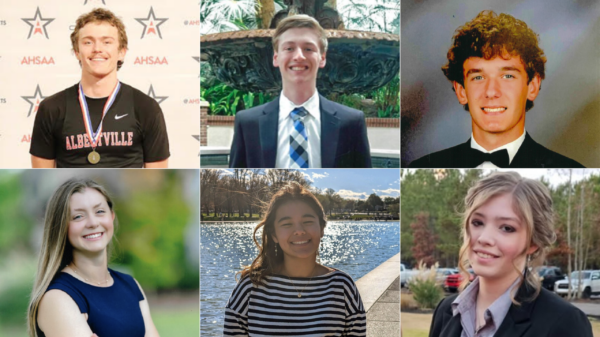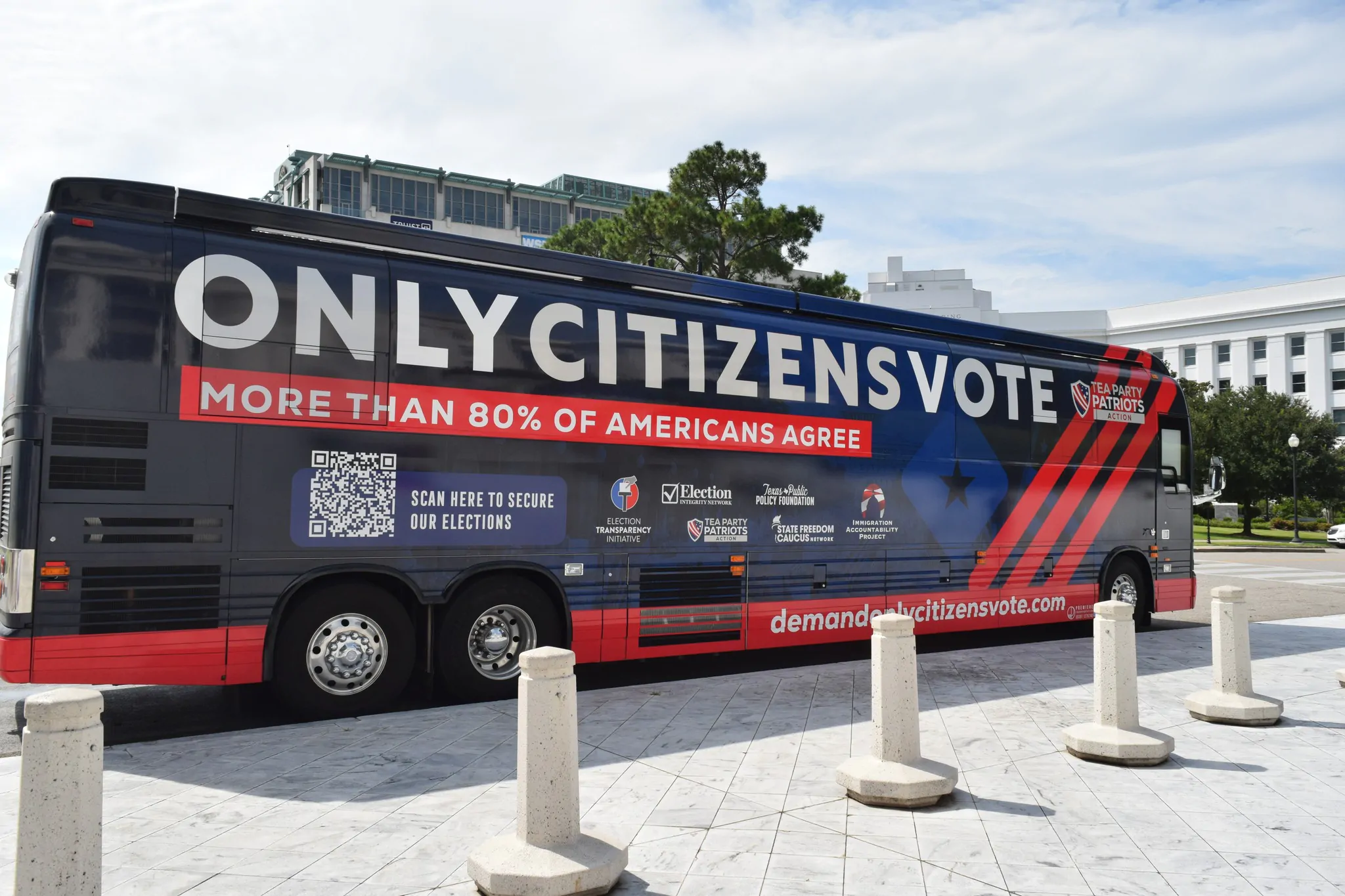Alabama state representatives Arnold Mooney, R-Indian Springs, and Chip Brown, R-Mobile, joined the Tea Party’s “Only Citizens Vote” bus tour last week in support of the SAVE Act.
The idea of noncitizens voting has been a key element of the Republican platform despite scant evidence of widespread noncitizen voting, including in the state of Alabama,
Secretary of State Wes Allen last year attempted to purge more than 3,200 individuals from Alabama’s voter rolls, but more than two-thirds of those people were found to be eligible voters.
U.S. District Judge Anna Manasco, a Trump appointee, said during a hearing that the state “has identified a handful, at least four, perhaps as many as ten, perhaps more, noncitizens who were somehow on Alabama’s voter rolls.”
While some very localized races have come down to a handful of votes, most gaps in statewide races exceed the state’s own lofty numbers of noncitizen voters.
Other states have struggled to show any real threat from noncitizen voters. Georgia released the results of an audit last year that found 20 noncitizen voters out of the state’s 8.2 million registered voters.
Ohio found nearly 600 noncitizen voters on the rolls out of 8 million voters, with reason to believe only 138 wrongfully cast votes. Even then, Ohio Secretary of State Frank LaRose said criminal prosecution would not always be pursued because no voter fraud is intended in many cases.
There are laws at federal, state and local levels instituting harsh penalties for noncitizens who attempt to vote.
The SAVE Act would requiring individuals registering to vote to provide proof of citizenship at the time of registration, whether by REAL ID like Alabama’s new Star ID, or a passport of government-issued ID showing place of birth.
Critics of the bill have argued that it would create barriers for eligible voters including homeless people and college students who don’t have citizenship documentation readily available.


















































